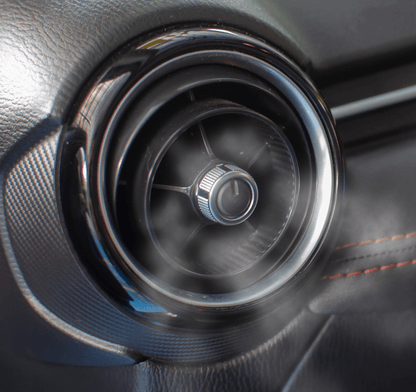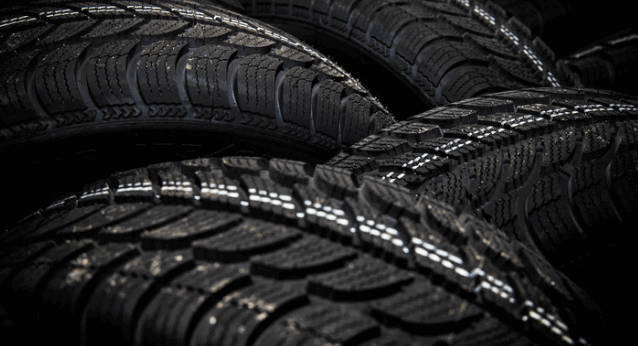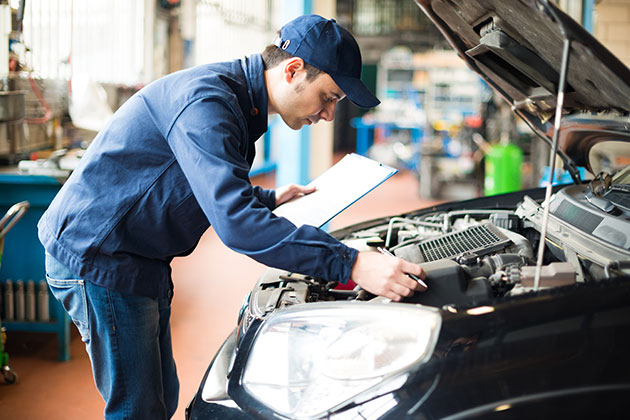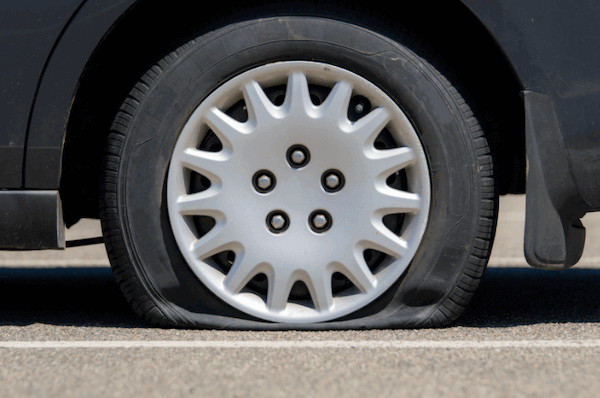Do you know what’s worse than sitting in a car on a smoldering summer day with no working air conditioner and the windows rolled up? Sitting in the same car on the same day with an AC unit pushing stinky air throughout the vehicle. Instead of dealing with the bad smell and possibly letting an issue with your car get worse, you can learn more about the most common car AC smells and how to solve them.
The Four Common AC Odors to Watch Out For
There are a number of reasons that the cool air coming out of your car’s vents does not smell fresh or pleasant. Fortunately, the particular smell of the air will often give you an idea of what’s going wrong and how severe the issue is. As you try to figure out what’s wrong with your vehicle, review our guide to the four most common car AC smells below:
1. Why Your Car’s AC Smells Sweet
If your car’s vents are releasing a sweet yet pungent odor, the heater core may be leaking, and engine coolant is seeping into the system’s ducts. If you notice a slimy film forming on the windows, this is probably the case, and the heater core needs to be replaced by a mechanic.
Another cause could be burning engine oil or coolant. These fumes can get sucked up into the unit, causing your AC to churn out an unpleasant odor when you first turn the AC unit on. Take a look under the hood and make sure there are no oil stains or leaks, and go see your mechanic to take care of any necessary repairs.
2. Why Your Car’s AC Smells Like Must, Mildew, and Mold
When the under-hood air intake has dust and debris build-up, water and moisture get trapped on the unit’s evaporator and in the evaporator case. This trapped moisture creates the perfect environment for nasty mold and germs to grow. If you have trapped moisture, you’ll get a mildewy aroma when you turn on the AC.
One solution is to flush the evaporator case and use an antibacterial spray to clean the ducts. But don’t try to do this at home. Instead, see a professional mechanic so they can apply the commercial-grade chemicals that will get rid of the contaminants.
If there’s no water dripping from your car when the AC is on, it may be indicative of the evaporator case drain hole being clogged. For instance, it’s possible that leaves or some other debris has gotten in there and needs to be removed. Since you don’t want to be breathing in mold while you drive, take your car to a mechanic, and they’ll check for a clog and remove it for you.
3. Why Your Car’s AC Smells Like Chemicals and Mold
A strong chemical odor that also smells a little moldy is usually a sign that refrigerant is leaking from the AC evaporator. Listen for the blower fan, and if you can hear it running strong, but there’s little to no air coming out of the vents, your car’s refrigerant has probably leaked onto the evaporator fins. Besides making your car smell like chemicals, the leakage will stop the air from efficiently flowing through the vehicle. Take your car in and explain the issue to your mechanic so they can repair the AC.
4. Why Your Car’s AC Smells Like Vinegar
There can be a few reasons the air from the AC system smells like vinegar. It could be as simple as mold or a much bigger problem. Battery acid may have leaked, adding this sulfuric smell to the air. Or, it could have to do with ozone emissions. Whatever the reason, you’ll need to take your car to your local mechanic to solve the issue.
Come To Chapel Hill Tire for Car AC Service in Raleigh, Chapel Hill, or the Surrounding Areas
If you live in Raleigh, Durham, Apex, Carrboro, or Chapel Hill, the team at Chapel Hill Tire has you covered. Whether it’s a cabin air filter replacement or a new heater core, we’re ready to serve you. Our vehicle air conditioning services can help you fix everything from poor performance and warm air to bad smells and strange smells. Before you come in, be sure to check our service coupons for a discount on our affordable services. So, don’t spend any more time getting hot and sticky in that car; schedule a service appointment with Chapel Hill Tire to get your AC smelling at its best again.









